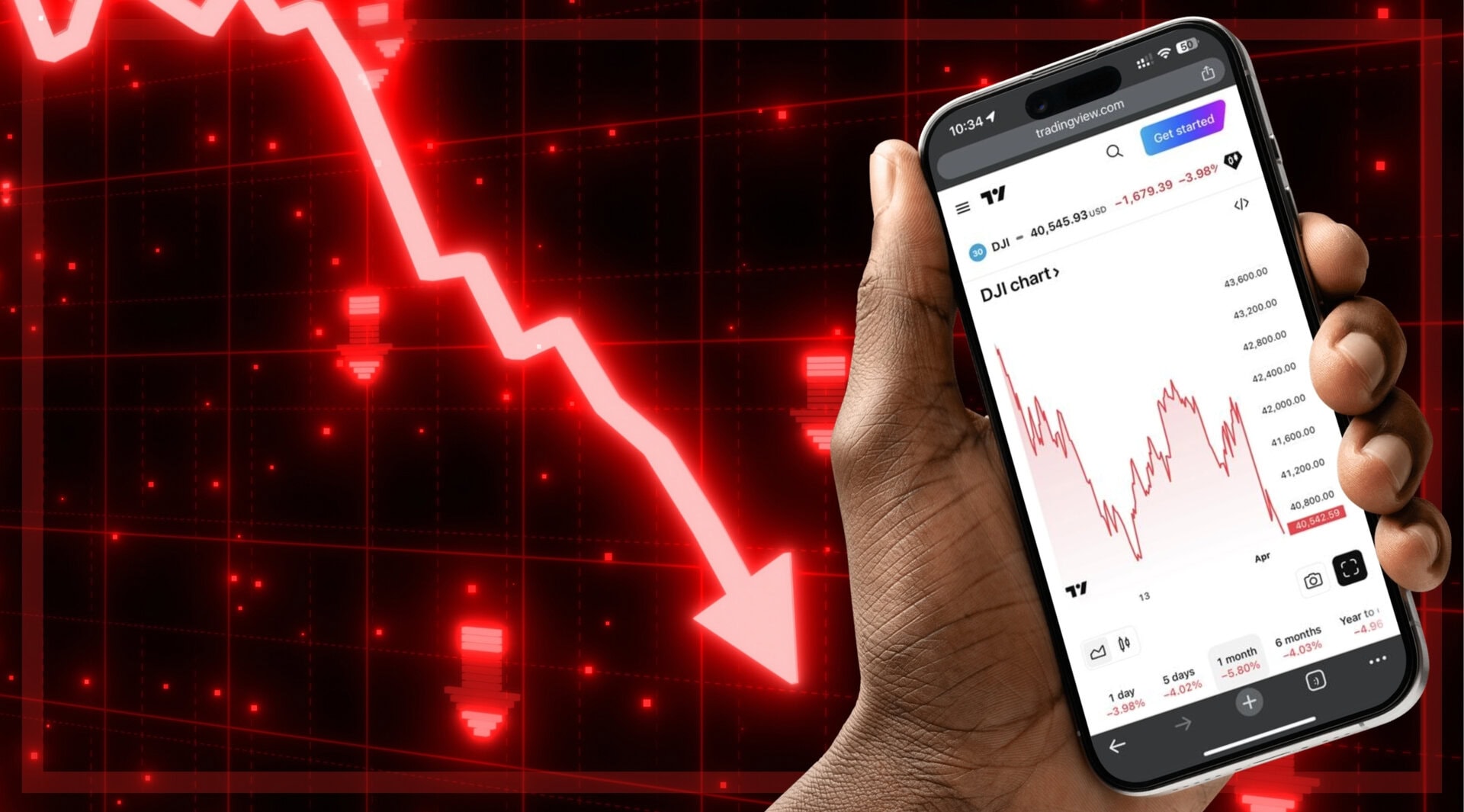Europe’s economy has been wobbling under the weight of a tough post-recession recovery. Industries like retail and automotive are still reeling from the economic blows of recent years. Private equity (PE) firms, however, are stepping up, not just throwing cash at the problem but rolling up their sleeves and offering much-needed expertise.
According to Preqin’s “Alternatives in Europe 2024” report, European private equity fundraising reached €118 billion in H1 2024, suggesting that if this pace continued, the total for the year could reach €236 billion, surpassing the previous record of €181 billion in 2018. However, PitchBook’s Q3 2024 European PE Breakdown reported that fundraising remained strong despite a weaker third quarter, with a notable decline in growth/expansion funds, indicating a shift toward traditional buyout strategies.
Reports from McKinsey show that PE-backed companies often recover faster than their public counterparts, with stronger revenue growth and resilience. By digging into some recent success stories, we’ll see how private equity is breathing new life into Europe’s struggling industries.
Investors, especially #privateequity, are often scared off by geopolitical uncertainty. Has this affected the appetite of these companies though? #Polandhttps://t.co/nLekaZdryv
— #DisruptionBanking (@DisruptionBank) December 6, 2024
Infusing Capital and Restructuring Balance Sheets
Private equity firms don’t just hand out money — they engineer lifelines for businesses on the brink. Struggling businesses often can’t access traditional financing because of weak credit or high debt loads. PE firms step in, injecting cash and stabilizing balance sheets. A striking example is the turnaround of Webasto Charging Solutions, acquired by Transom Capital Group this year. Facing financial challenges, the firm restructured its operations, renegotiated supplier agreements, and secured new lines of credit.
Beyond individual companies, PE funds are pumping money into entire sectors. In the retail industry, Capvis, a European private equity firm, closed its fifth fund, Capvis Equity V, at €1.2 billion in 2018, targeting mid-market companies across Europe, including those in the retail sector. This investment stabilized these companies, allowing them to reinvest in logistics and inventory. According to PwC, private equity investments, particularly those integrating ESG factors, have been recognized for their potential to create value and improve performance in various sectors, including retail.
PE’s financial playbook often involves buying companies at a discount, restructuring them, and selling them at a higher valuation. A 2024 Deloitte report indicated a significant portion of PE deals in Europe this year focused on distressed businesses, highlighting a trend towards revitalization and long-term value creation over quick exits.
Private equity firms are increasingly raising money to buy individual companies on a deal-by-deal basis, as they struggle with a downturn in the market and investors look for ways to cut management fees. #privateequityhttps://t.co/Y7acDKCdOp
— #DisruptionBanking (@DisruptionBank) February 21, 2024
As noted by Frank Amberg, Managing Director and Head of Infrastructure Germany at AltamarCAM, “Higher interest rates and therefore higher bond yields do give investors new options for yield. However, there will always be a place for private equity in the portfolio simply because few other investments can generate that kind of alpha.”
Operational Expertise Driving Recovery
Cash isn’t the only thing PE firms bring. Their real superpower lies in operational expertise. They parachute in experienced executives and teams to identify inefficiencies and cut waste. PE firms have implemented operational improvements such as developing new products, geographic expansion, improved price realization, and enhanced sales force effectiveness. These initiatives have contributed to top-line growth and margin expansion, with operational improvements accounting for up to 48% of added value in recent years.
The focus on day-to-day operations isn’t just about cutting costs. PE firms also encourage growth strategies. In the food manufacturing sector, Heura, a Spanish company specializing in plant-based meat alternatives, diversified its product line. It saw a 7.5% increase in total annual sales value between 2022 and 2023.
David Rubenstein, co-founder of The Carlyle Group, a prominent private equity firm, has emphasized that private equity involves making companies more efficient, productive, and profitable, rather than merely buying and selling them.
Private equity often acts as a catalyst for digital upgrades. In today’s economy, industries that fail to adapt to digital trends risk falling behind. PE firms understand this and prioritize innovation. This year, BakPac, the flexible packaging division of UK-based Bakers, invested in advanced digital printing technology, including the HP Indigo 200K digital press. This investment is expected to enhance production efficiency and productivity, leading to quicker turnarounds and improved operational performance.
Venture capital funds, private equity groups and accountancy firms are using the latest #AI to pick acquisition targets and start-ups for investment, betting the technology can give them an edge over rivals.https://t.co/ycWIPXiBSF
— #DisruptionBanking (@DisruptionBank) June 1, 2023
Similarly, in the pharmaceutical industry, companies have increasingly adopted AI tools to streamline drug research and development. This integration has the potential to significantly reduce time-to-market for new products, providing a competitive edge. In an industry where time equates to financial viability, such advancements are transformative. McKinsey highlights a substantial increase in private equity investments in the technology sector, with global investments reaching $675 billion in 2022, up from $100 billion in 2012. This trend reinforces the growing emphasis on tech-driven growth in the private equity space.
Job Creation and Social Good
Contrary to criticism about job cuts, private equity can drive employment and boost local economies. According to Invest Europe’s ‘Private Equity at Work’ report, PE and venture capital-backed companies in Europe employed 10.9 million people in 2022, accounting for 5% of the total workforce. This marked a 7.2% increase from the previous year, with 451,511 new jobs created.
Private capital doesn’t just fund startups—it fuels job creation and technological advancement.
— Carta (@cartainc) December 4, 2024
📊 8 of the top 10 public companies today began with private capital
📊 Startups have driven 50% of IPOs since 1980 and created millions of net new jobs
PE’s social impact extends beyond job creation. In Germany, the Merkur Offshore Wind Farm, backed by private equity investment, comprises 66 turbines and generates approximately 1,585 GWh of renewable electricity annually, sufficient to power around 500,000 households. The project has contributed to local economies through job creation during its construction phase and provides a steady revenue stream for local governments.
“Private equity thrives on understanding the unique pain points of each sector and crafting bespoke solutions,” a view widely held among industry analysts. This approach has led to the rise of sector-specialist strategies, which have increasingly outpaced traditional multi-sector funds in the number of funds raised since 2013.
While private equity is making a difference, it’s not without its fair share of troubles. Critics argue that private equity firms often focus on short-term profits, potentially compromising long-term sustainability. For instance, Ted Baker, a UK fashion retailer, was acquired by Authentic Brands Group in 2022. Despite the acquisition, the company faced ongoing operational challenges, leading to significant store closures and job losses by 2024.
Private equity firms are aggressively pushing to include language in loan documents that could give them room to pay themselves larger dividends from the companies they have bought, drawing a sharp rebuke from lenders. #privateequityhttps://t.co/pgezQFYiHp
— #DisruptionBanking (@DisruptionBank) September 20, 2024
To counter these criticisms, many PE firms are integrating ESG (Environmental, Social, and Governance) factors into their strategies. According to KPMG’s ‘Global ESG Due Diligence Study 2024,’ there has been an increased importance of ESG considerations in transactions over the past 12 to 18 months. This shift reflects growing pressure from investors and regulators to prioritize ethical and sustainable practices.
The future of PE in Europe looks bright, especially as the focus shifts toward industries like renewable energy and technology. These sectors align with Europe’s broader goals of sustainability and innovation. As PE firms continue to evolve, their ability to adapt will likely define their role in shaping Europe’s post-recession landscape.
“Europe’s digital future, green transitions, and growth require far more investment than public coffers have available. Private capital is not only needed but welcomed, even if it comes with increased regulation,” remarked Jonas Fagerlund and Guillaume Picq, both Partners, Heads, Private Equity Practice, Sweden and France, respectively, of management consulting firm Arthur D. Little in a report.
Private Equity is The Next Great Economic Villain
— yoni rechtman (@yrechtman) December 10, 2024
In the 2010s, gig/sharing economy companies became the great economic and cultural villains. Companies like Uber promised “entrepreneurship for all” but delivered indenture and a low wage grind.
Now, as enter the PE supercyle… pic.twitter.com/G1ckmQm2SH
Private equity firms are proving to be not only financial players, but architects of recovery and growth. From breathing new life into struggling industries to driving innovation and creating jobs, they’re shaping Europe’s economic future. Sure, challenges remain, but the successes speak for themselves. As Europe looks to turn the corner on its post-recession woes, private equity is stepping up as a force for good — redefining what it means to invest with purpose and vision.
Author: Richardson Chinonyerem
#PrivateEquity #Investment #VentureCapital #Business















